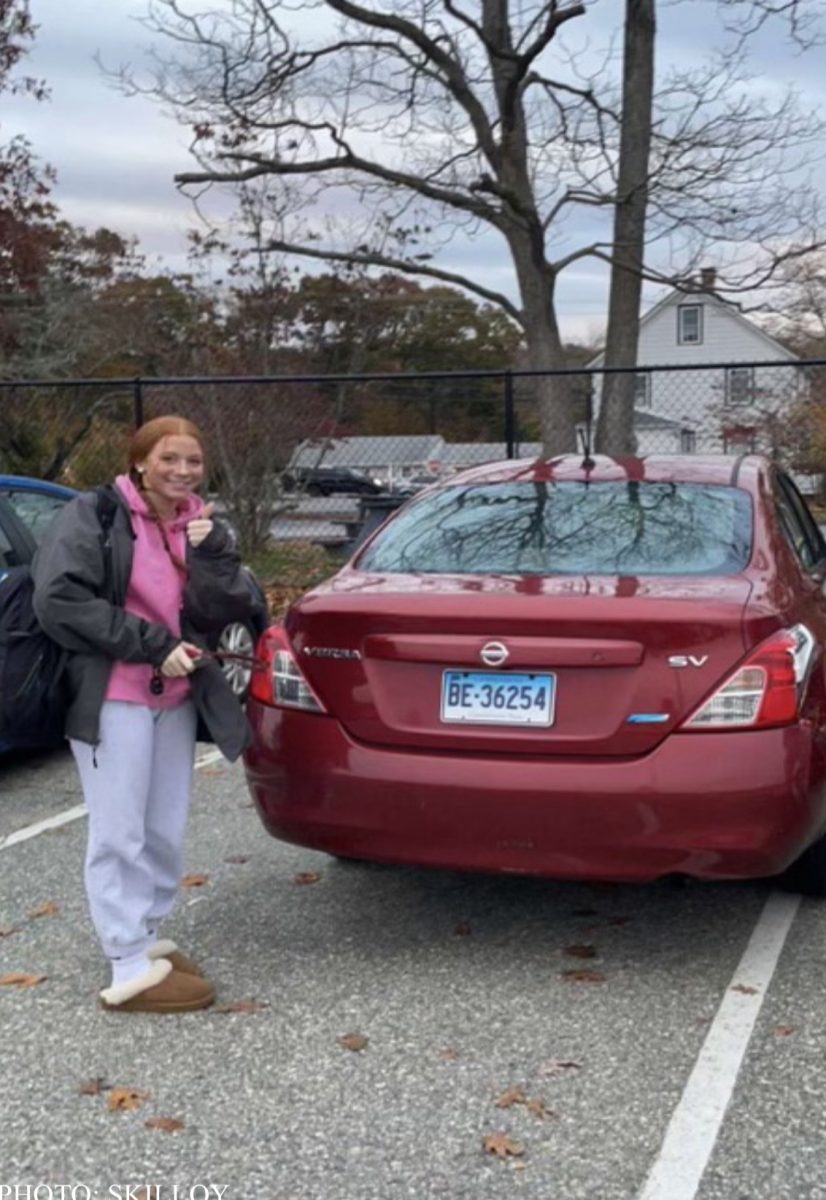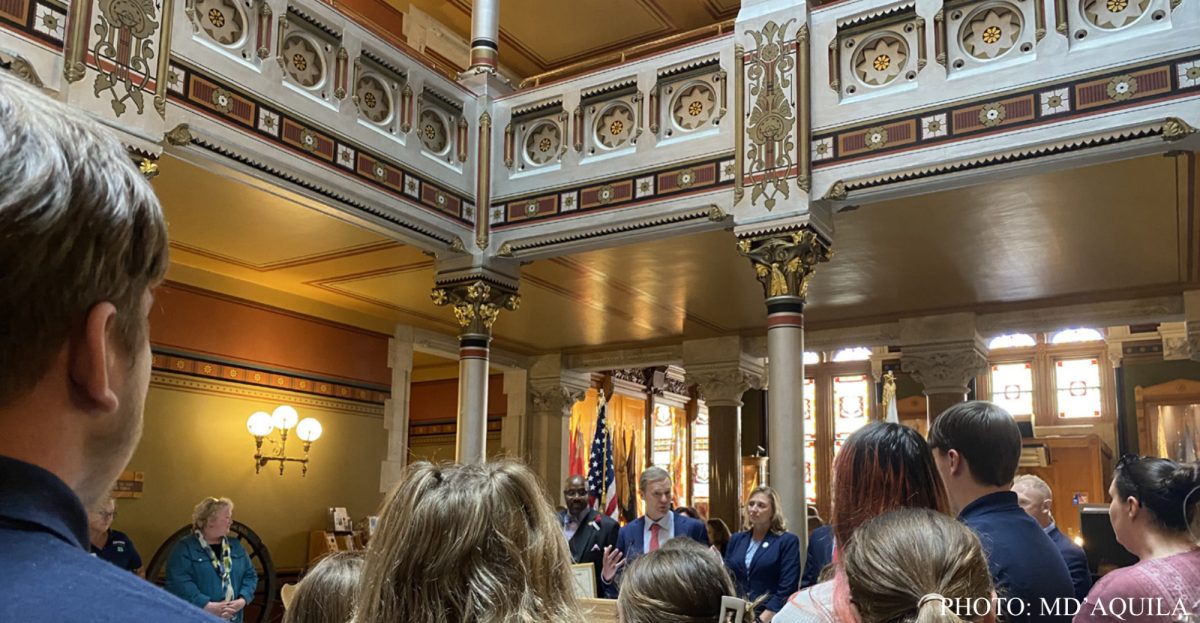You turn 16, spend hundreds of dollars, take the painful safety classes, and now it’s finally time to get your license.
Friends have been calling shotgun in your car for months, assuring you it’s no big deal to “bend the rules” and drive them around before it’s legal.
“Honestly, most people drive others around before they’re supposed to,” junior Shea Killoy opined.
If most kids break this law, should you do it, too?
Since 2008, CT driving laws state that for the first six months with a license, 16-year-olds may only drive with a parent or guardian, a driving instructor, or adults 20 years of age and older. During the second six months, driving alone with immediate family is legal. Driving with friends is illegal until a 16-year-old holds their license for a year.
“Having one person in the car may not be too bad for some kids, but multiple people often make a mess,” owner of Rae’s Driving School in Waterford Mike Monaghan said.
CT is one of very few states who do not allow 16-year-olds to drive with at least one other person their age in the first year they hold their license. Are CT laws too strict?
Not according to a 2018 Department of Motor Vehicles study, that found fatal crashes involving 16 and 17-year-old drivers were 150 percent higher when CT had more lenient teen driving laws.
“I remember how fun it was having all my buddies in the car when I was 16. [The laws] may take away from that enjoyment,” EL police officer Don Hull said. Officer Hull added, “On the other hand, [they’re] data-driven laws, and [passengers] are unquestionably a distraction for new drivers. They cause lots of concerns.”
While the laws save lives, they can be hard for new drivers to comply with.
“It makes no sense for both my mom and myself to drive to the same spot when my sister and I always need to get to the same places,” junior Jessica Knapp said.
Junior Hope Dowling’s mother agreed: “Hope had her license for a few months. I knew she was a good driver, so I said it was okay to drive a few friends who were all going to the same place,” Ms. Dowling said.
If 16-year-olds are on the road with friends in their car, why aren’t more students being pulled over daily?
“Officers don’t look in a car and decide to stop someone just because they look young. That’s not legal. There needs to be probable cause, some other law violation, in order to identify a driver that has a restriction on their license,” EL police sergeant Matthew Willet said. If a driver is pulled over with other kids in their car illegally, their license will be suspended for 30 days or more depending on any other violation committed.
Driving in accordance with all laws besides having others in your car doesn’t always ensure safety.
According to Officer Hull, kids could be “the best drivers in the world,” but one never knows when someone else may hit them, and if there are other kids in the car illegally it could turn into a bigger issue.
Even if a student gets stopped for a minor law violation, further action isn’t always taken. “We probably give out 80
warnings [for] every one ticket. They’re expensive, cops get it,” Officer Hull said.
According to Officer Hull, action depends upon every situation, whether a parent needs an older sibling to take
another sibling to school, or if a new driver “needs to go pick someone up who’s feeling uncomfortable at a party.
If an officer pulls them over on the way home, they’re probably not giving them a
ticket,” Officer Hull said. Police officers understand some kids are going to drive their friends illegally, but it’s the driver’s responsibility to take that risk or choose not to.
“There are certain kids that are more mature, and are very capable of having a car full of friends and being a responsible, focused driver. Then, there’s some that just aren’t,” Officer Hull said.
Although there may be situations where driving others within that first year is unavoidable, “The laws were put into place for your own good. Students should try to follow them,” Mr. Monaghan said.










